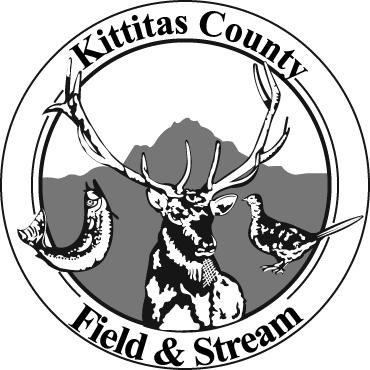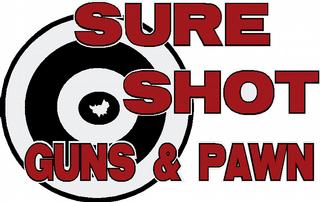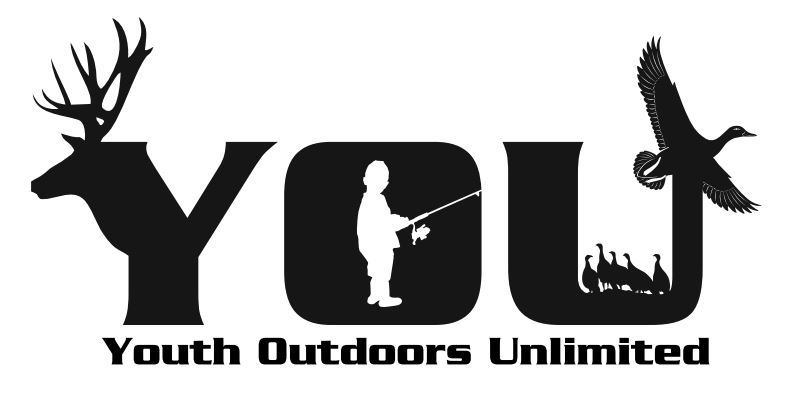It has long fascinated me. It’s that “synchronicity” thing, when suddenly from different directions come bits of information that respond to some question floating around in my mind.
A week or so ago, after an extended closure, Washington’s Department of Fish and Wildlife (DFW) reopened enrollment to the Master Hunter Permit Program. This program of “advanced hunter education” was established in the early 2000s to deal with wildlife issues around the state. This program goes beyond the Basic Hunter Education Course and Certification required of all hunters born after 1 Jan. 1972. About the same time, Diane handed me a clip from the September 26, 1912, issue of the Ellensburg Dawn. As with most newspapers of the time, there was a local-interest page, and on that page was a proposed “Examination for Hunters of Game,” suggested by an unnamed Homey – “the funny man on the exchange,” to be passed before receiving a hunting license. Hunter education and examination has come a long way in the last century.
I got pretty excited when I first heard about DFW’s Master Hunter Program. That probably arose from a cold wintry evening in 1985 when a bunch of us officers and committee chairs for the Denver Chapter of Safari Club International were huddled around a barrel stove in “Andy” Anderson’s shop in southeast Denver. Over a cool malt beverage, Tom was talking about his hunt in Germany’s Black Forest.
“So,” he said, “we had been out in the woods all afternoon and it was snowing and Fritz the hunt master just kept walking and walking. It was getting dark and I was sure we were getting farther and farther from our rig, but you just don’t really question these guys much – even if you ARE paying… Anyway, we came out of the woods at a little village and walked over to an inn. This big guy opened the door, squinted into the snow in his feeble porch light, and boomed a big welcome to us.
“He gave us towels to dry off our rifles and a big bowl of a stew and some bread. We sat by the fire and everybody in the dining room acted like we were special. Then the inn guy found someone to drive us back to our hunting car. All these guys acted like we were doing them a favor or something. When we got back to our lodge, my hunting partner and I asked Fritz what that was all about. He looked at us, and said, ‘Because we are HUNTERS.’ We finally realized that in Europe, it takes a lot to be a hunter and being a hunter is a pretty big deal. That night changed the way I look at hunting and my responsibilities and opportunities.”
It took me a couple years to get my Master Hunter Certification. I was so proud to be part of the program, even when it went through some growing pains and weeding out of those who were unable to live up to their roles and responsibilities. Today, there are 1,650 of us. By next year, there will be more of us, but it won’t be easy.
DFW is inviting “skilled volunteers who are willing to aid department efforts in support of the public and Washington wildlife…to promote safe, lawful, and ethical hunting, and to strengthen Washington’s hunting heritage and conservation ethic.” It’s a big deal, really. Master hunters work controlled hunts, hazing operations, conservation projects (some 15,000 annual hours), support landowner relations and assist with hunter education efforts.
Interested? To enroll, hunters must: pay a $50 application fee; pass a criminal background check; pass a 100-question written exam in 70 minutes (covering a large amount of legal and biological information); perform 20 hours of approved volunteer service; demonstrate a high level of shooting skill; and sign a pledge for ethical behavior. Details and full information will be found on DFW’s website at wdfw.wa.gov/hunting/requirements/master-hunter.
Basic Hunter Education Training was first created by the National Rifle Association in 1949, and is now required in virtually every state. Our local Kittitas County Field and Stream Club Team has been teaching hunter ed since 1958. These classes involve education and firearms handling training, with a field exam and written exam (75 questions). Today, as many girls/women take the training as boys/men. Youngest to be certified have been some determined seven-year-olds.
Oh, yes, the “funny man’s” 1912 examination questions. Cute, but they will give you an idea of the concerns about some hunters of that day. “Are you married, insane, or both? Can you tell which end of a gun is dangerous? While suffering from an attack of buck fever, do you think you could tell the difference between a red-jacketed hunter and a deer? Can you tell if a gun is loaded without looking into the muzzle or pointing it at a friend and snapping it? When were you last examined for insanity, and were you ever an inmate of a home of the feeble-minded? In going through a fence, would you crawl through and pull the gun after you? Both in range: which would you shoot first, a rabbit or a gray horse? Do you believe that the use of intoxicating liquors aids you in seeing more game? At what distance do you think you could kill another hunter? Do you shoot by the sound, or wait for the game? How long would it take to tell all you know about firearms? Would you rather miss killing a deer than risk making an angel out of a companion? Do you believe in shooting in haste and repenting at leisure? Can you tell the difference between a Winchester and a squirt gun?”
Hunter exams are a bit different today. All hunter education programs are designed to keep hunting safe, legal and ethical. Those who earn Master Hunter Permit Certification are expected to carry out conservation projects, and to uphold and demonstrate the very highest standards of safe, lawful, and ethical behavior. You might be the person we need. Check it out.




